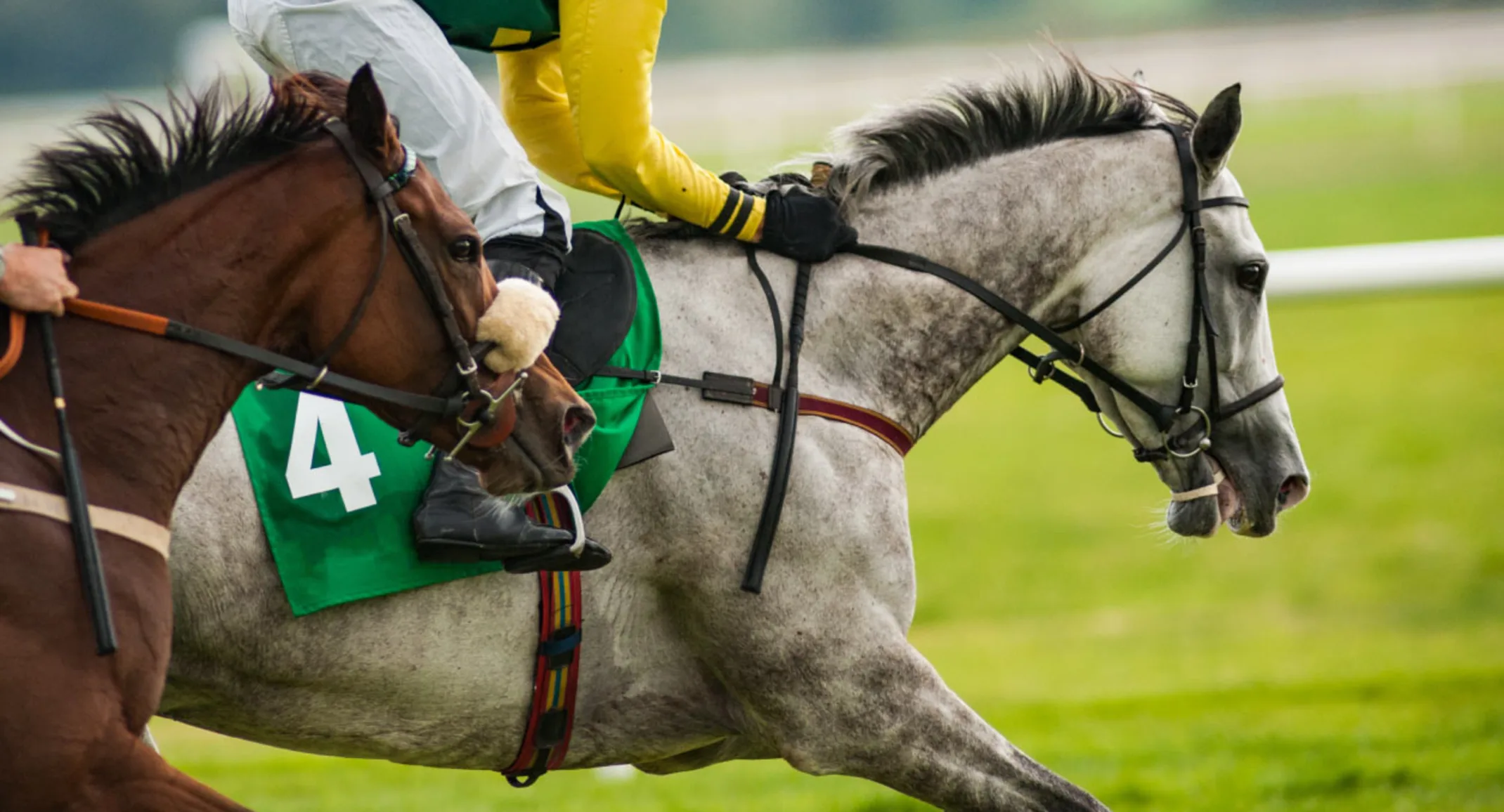Welcoming a Former Racehorse into Your Barn
General

You’ve finally made the decision and have decided to add another horse to your herd and instead of purchasing another horse, though, you’ve decided to acquire a recently retired, off-the-track Thoroughbred or Standardbred. You’ve made an admirable choice and are sure to give the horse a loving, wonderful home. But there are some health issues to keep in mind when acquiring these horses.
The first question to ask is, “Why did the horse retire from racing?” Although some horses do retire due to a terminal case of slow, many more are retired due to injuries or illnesses that preclude them from racing up to the owner’s expectations. In some cases, they retire due to an injury, such as a fracture, which results in severe lameness. If at all possible, ask the trainer or owner (or the rescue facility if that is where the horse is located) for the reason that the horse retired. Ask about any and all injuries that the horse sustained during his racing career. Sometimes, the current owner does not have all the information, but some history is better than none at all. If the horse is obviously lame at the time you look at it, ask to see the veterinary records pertaining to his injury. If the trainer or owner will not allow you to see the records and/or the radiographs, ask that they allow you to have your veterinarian examine the horse. Certainly, horses can be rehabilitated from severe injuries and come back to perform as riding horses, but it’s best to know early what his chances of future soundness are. Some injuries cause permanent lameness despite all attempts to rehabilitate them.
Your second question to ask should be, “Which vaccines has the horse had and when were they given?” Many racehorses are not vaccinated for the same diseases or on the same schedule as pleasure horses. Due to the demands of their exercise regimens, many trainers are reluctant to vaccinate horses unless it is mandated by the track at which the horse is racing. A minor reaction to a vaccine, such as a slightly stiff neck, which may not bother a pleasure horse, could prevent a racehorse from racing for several weeks. Any horse that is not current on his vaccinations should receive them prior to being moved to your farm and coming into contact with any of your horses.
Considering that the racetrack is a high density environment (many horses in close contact with each other in a relatively small area), diseases, especially respiratory ones, can spread very quickly. Horses that are coming from the racetrack to your barn should be quarantined away from your herd for a minimum of 10-14 days. This should give the newcomer time to show any signs of illness before he has a chance to pass it on to your horses. Horses not at the racetrack are not exposed to as many diseases and likely lack immunity to some of them. A seemingly healthy retiree may pass something on to your horses without even looking ill. Quarantine of the horse is also a good idea when it comes to parasite management. Most racehorses are dewormed on a consistent schedule. However, it is still a good idea to deworm it with a broad-spectrum dewormer (Quest Plus is a good choice) before introducing it to your herd. This will help prevent the introduction of internal parasites.
Something that may not come to mind initially when bringing a retired racehorse home is the issue of any drugs that may have been administered to it while it was racing. The horse's behavior and or soundness may change dramatically once these medications wear off. It may be beneficial to have your veterinarian submit a drug test prior to bringing the horse into your herd. Good luck with your new horse, and I hope you two have many fun years ahead of you. Retired racehorses have excelled in practically every discipline and are a wonderful addition to the herd.
Michelle Egli, DVM
Delmarva Equine Clinic
